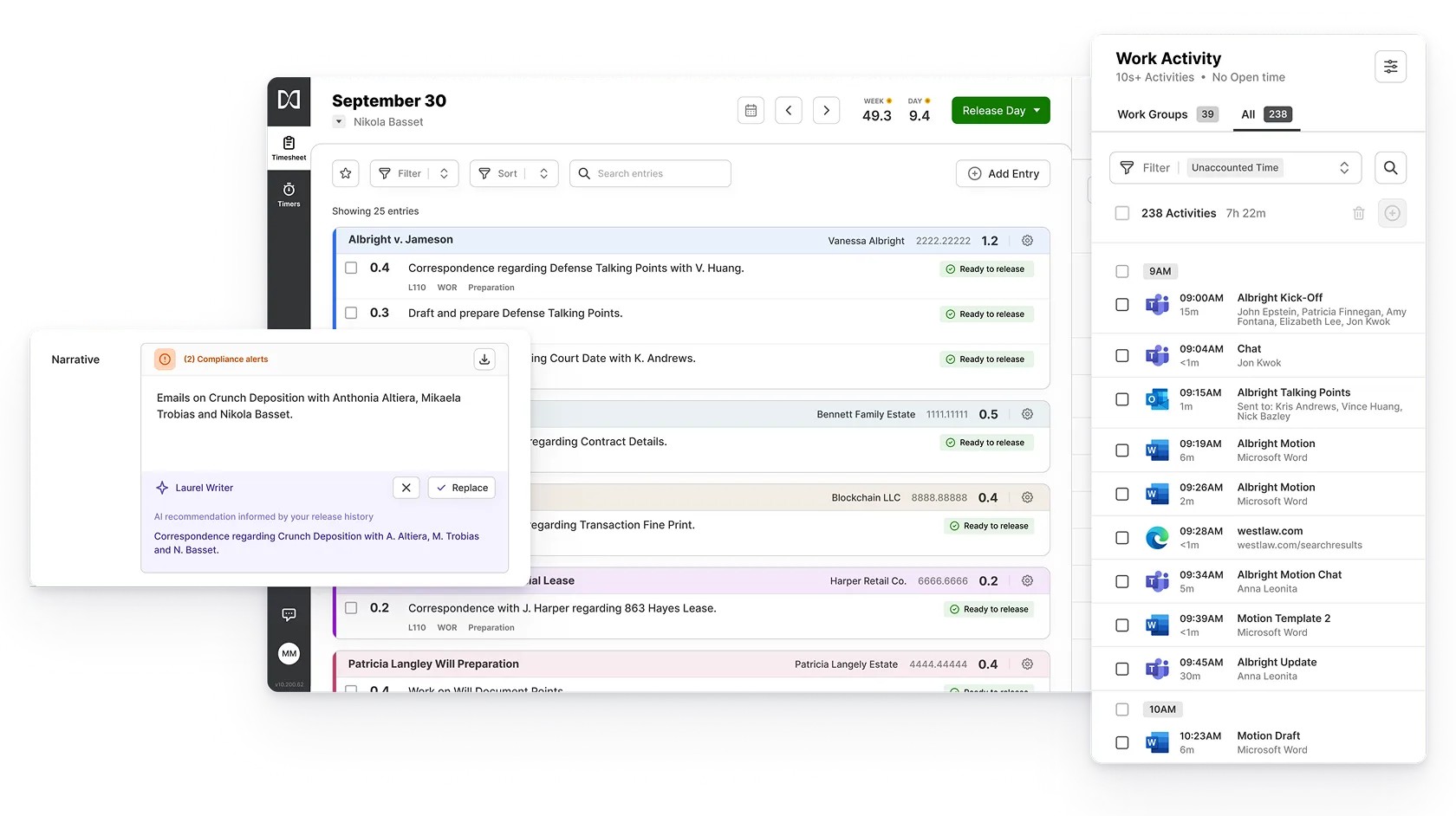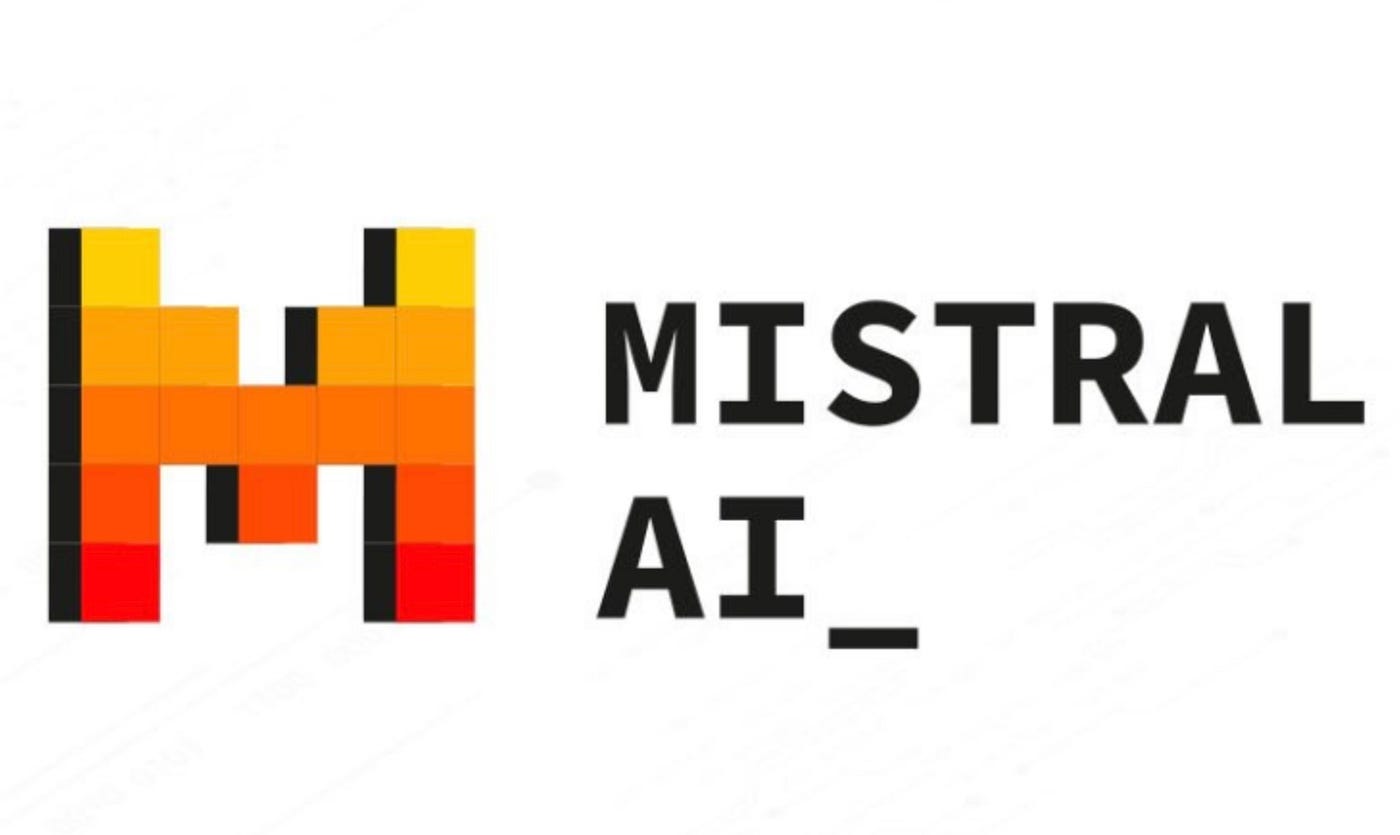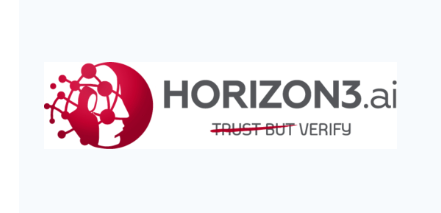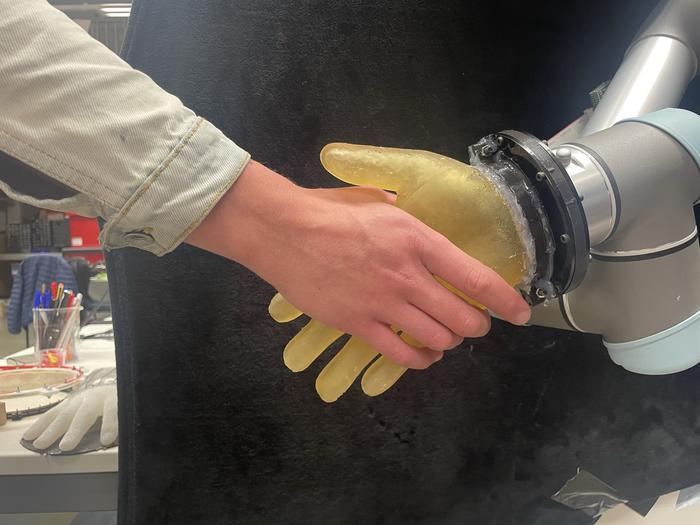With AI development moving forward at a good clip, the call from experts for oversight and regulation is getting ever louder. That was a message for Washington D.C. this week from Helen Toner, a former OpenAI board member, speaking at an event hosted by StrictlyVC on the future of AI governance.
“We have to figure out what the right form of governance is,” Toner declared bluntly. She dismissed the notion that AI companies can adequately self-regulate, stating “self-governance by the companies themselves is not going to be enough.”
While some see Congress as the logical body to take on AI regulation, Toner expressed skepticism about its capacity and willingness.
“Congress is not well set up to deal with a challenge like this,” she said.
Toner stressed the difficulty of forecasting the full impacts, both positive and negative, of advanced AI systems.
“We don’t understand a lot of the potential risks,” she said. “We’re in the very early stages of grappling with this.”
She underlined the global stakes, noting: “The decisions we make are going to affect everybody on the planet potentially, and in a permanent way that could last centuries or longer.”
Despite the formidable challenges, Toner called attention to the fact developing robust AI governance frameworks is an urgent imperative.
“We have to figure out what is the right path forward in terms of governing this. The stakes are just too high to not get this right,” said Toner.
As a former insider at OpenAI who pushed for leadership changes, Toner carries authority when sounding the alarm bells. Her words reverberated through the DC tech scene as a sobering reality check on AI’s unsettled frontier.
“There are huge benefits but also huge risks. We have to be eyes wide open,” she cautioned.
Featured image: Credit: TechCrunch






